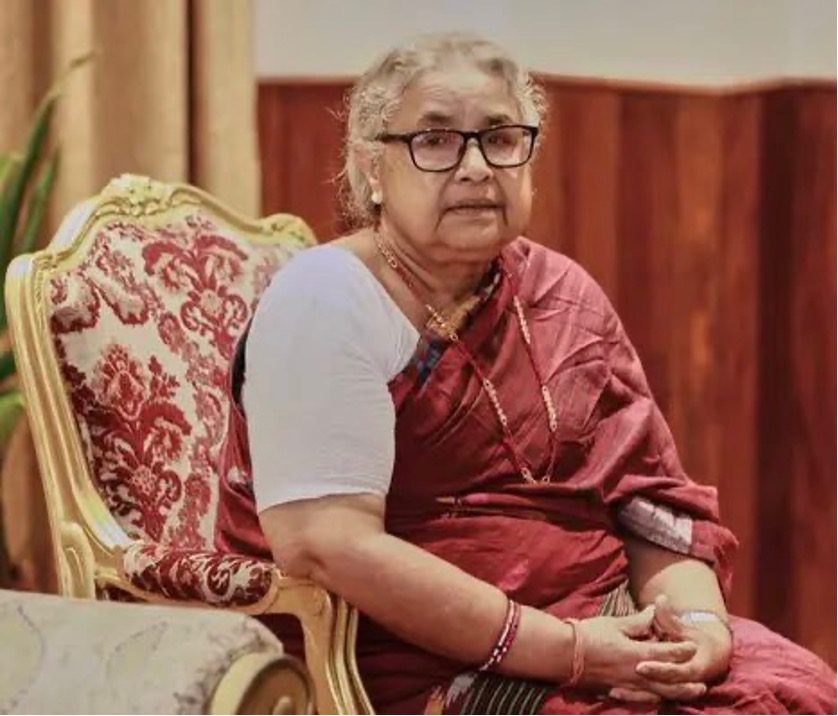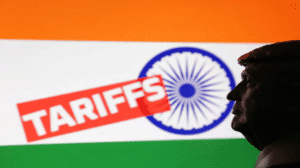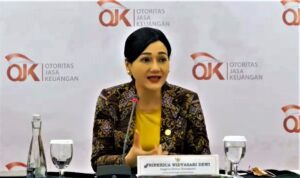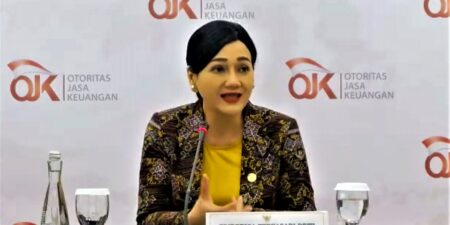
Nepal’s Interim Government Charts New Path Forward After Deadly Protests

BGA Nepal Senior Adviser Sujeev Shakya wrote an update to clients about the recent protests and the installation of a new interim government in Nepal.
Context
- The “Gen Z” protests that erupted in Nepal September 8 in response to a social media ban and anger about corruption culminated in a police crackdown, more than 30 dead and the resignation of Prime Minister K. P. Sharma Oli. A curfew was imposed in many cities throughout Nepal September 9, but protestors took to the streets and mayhem followed over the next 12 hours, with civilian and police deaths. The army took to the streets at 10 p.m. to restore order, but by then much public and private property had been destroyed, including the homes of Oli and other senior officials. Oli resigned and fled his office in a helicopter, leaving a power vacuum.
- Many private businesses, educational establishment and residences of politicians and businesspeople were burnt down. Private and public property worth millions of dollars have been destroyed along with many critical structures housing data centers for financial companies and internet service providers along with telecommunication infrastructure. The destruction has also impacted many jobs and livelihoods along with small businesses that feed into large businesses, like hotels and department stores.
- After days of violence and arson, the president took charge and restored order with the help of the army. Leaders of the protest movement and military leaders worked together to appoint an interim government acceptable to various stakeholders and technical advisers. Nepal has had a history of an interim technocrat government to oversee elections to the constituent assembly.
Significance
- The president swore in Sushila Karki as interim prime minister September 12, after much consultation. Karki served as a justice of the Supreme Court from 2009-2017 and became Nepal’s first female chief justice in 2016. Karki is seen as a person of integrity and ready to address Nepal’s current challenges. Her appointment has been made interpreting the provisions of Nepal’s 2015 constitution, which remains in effect.
- The elections for Nepal’s federal parliament have been announced for March 5, 2026. A three-member cabinet was sworn in September 15. Rameshwor Khanal, a former finance secretary, will be in charge of the Ministry of Finance. Kulman Ghising, former Nepal Electricity Authority managing director, will be in charge of the ministries of Energy, Water Resources and Irrigation; Physical Infrastructure and Transport; and Urban Development. Om Aryal, an activist lawyer who is also an adviser to Kathmandu Mayor Balendra “Balen” Shah, has been appointed minister of home affairs and minister of law, justice and parliamentary affairs.
- Khanal has a reputation of integrity in his career as a bureaucrat. He chaired the High-Level Economic Reforms Advisory Commission, which undertook a wide review of macroeconomic and structural bottlenecks and submitted its final report to the government April 11. He has also been an active campaigner against the political-business nexus. He resigned as finance secretary in 2011 amid reported political pressure, a move that reinforced his public reputation for standing against political interference.
- Ghising transformed Nepal’s electricity sector through efficient management. He is largely credited for having ended loadshedding because he redirected electricity from industrial use to households. However, imports from India and the increase in installed capacity worked in his favor. In March, the cabinet voted to sack Ghising a few months before his scheduled retirement, after a long standoff with the government over issues including dues recovery, energy deals and alleged noncooperation. Critics said the move appeared more political than performance based. The decision sparked public outcry and protests.
- Aryal, a prominent litigator, first gained nationwide recognition for his constitutional challenge to the appointment of Lok Man Singh Karki as chief of the Commission for Investigation of Abuse of Authority. His writ petition led to a landmark Supreme Court ruling that ultimately disqualified Karki, a case widely reported as a significant check on alleged abuses of power. Beyond courtroom activism, Aryal has served as a legal adviser to Kathmandu Metropolitan City and worked closely with the mayor, providing counsel on governance and legal matters. The role strengthened his public profile among reform-minded civic actors.
Implications
- Although the full assessment of damage will take time, the focus for now is on the economic impact. The re-opening of the Nepal Stock Exchange this week will indicate how businesses are responding to these events. Tourism will be impacted by the closure of the airport, travel advisories issued by different embassies and remaining uncertainty in the next few weeks.
- Nepali people have shown tremendous resilience after major political upheavals, natural disasters, an Indian blockade and the COVID-19 pandemic. The people have cleaned up debris — reporting looters and criminals engaged in vandalism — and are working toward returning to normal. Nepal’s international airport closed for just 36 hours, and the roads have reopened. The army is back in the barracks, and prohibitory orders and curfews have been lifted.
We will continue to keep you updated on developments in Nepal as they occur. If you have any questions or comments, please contact BGA Senior Adviser Sujeev Shakya at sshakya@bowergroupasia.com.
Best Regards,
BGA Nepal Team

Sujeev Shakya
Senior Advisor
Sujeev dabbles across many worlds. Working for two decades with Nepal’s largest business group, Tara Management/Soaltee Group, he left as group president to begin a multi-dimensional career engaging in consulting, advisory, writing, speaking, coaching and inspiring people. His journey as a multipotentialite is taught as a case study at the Babson College. He Chairs Nepal Economic Forum, a thought center he founded that is listed in the top hundred Go To Think Tank list. He helps people dream and achieve their dreams making their dreams also part of his own dream. A connector he helps different worlds connect and help ... Read More
×
























